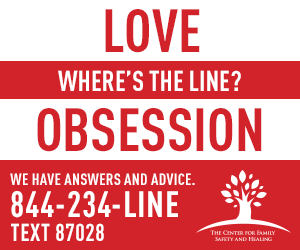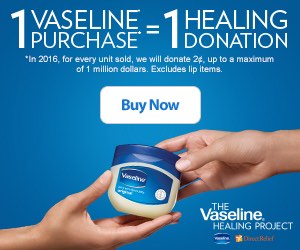We all remember the first time we are diagnosed with an unwanted health issue and this is exactly why we are here to help. When it comes to diagnosis of health there is more content on what is wrong with you rather than providing its cure and treatment. While the content we read on the web about wellbeing we are always on doubt from whom it is coming from. Our wellbeing isn’t something we should tread lightly on. The Internet, on the other hand, has people who are ready to provide you with threatening information which actually leads to relative problems.






